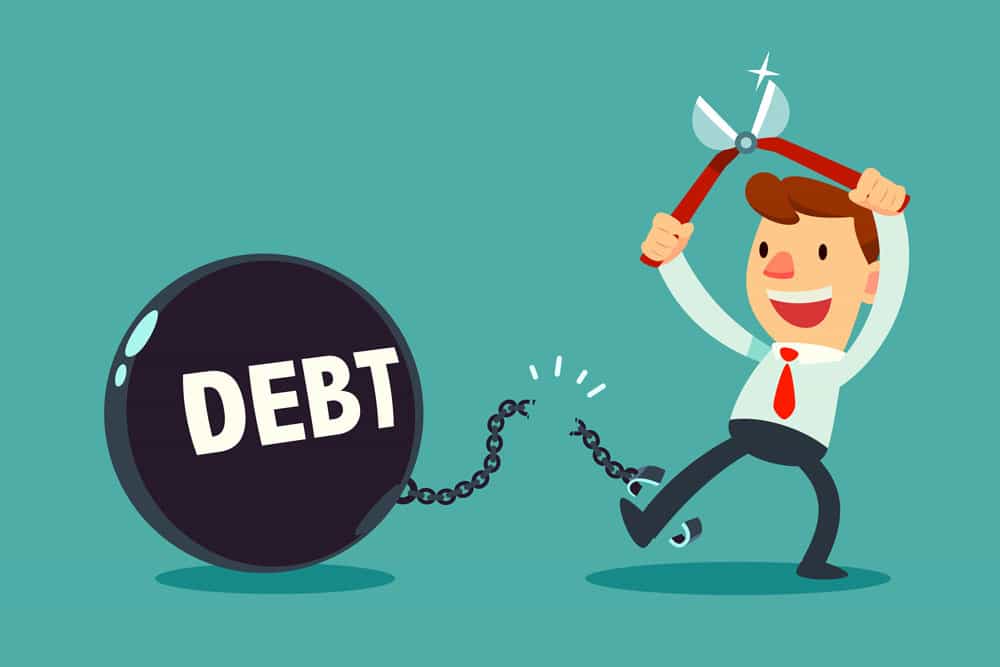While negotiating your debt in good faith so that you can actually make good on your obligations may seem like a cheaper option overall, there are certain fees that you will want to be aware of. Banks and debt relief companies often charge fees that can impact your overall ability to pay back your debt in the first place. The question becomes what fees can debt relief companies charge? You will want to keep reading to learn more about this is how it impacts your desire to work with a debt relief company.
How Debt Relief Companies Charge for Their Services
You would be correct in your assumption that most debt relief companies make money in one way or another as they help borrowers who have taken on too much debt. At the same time, you will not find that they charge a certain fixed price for what they will be doing on your behalf. It is just not that simple. There are various factors involved that determine what fees will be charged and how you will end up paying for them in the end.
Do Debt Relief Companies Charge Upfront Fees?
A debt relief company is not permitted to charge any upfront fees to the consumers that they choose to help. This was actually forbidden by the Telemarketing Sales Rule that was enacted in 1995. This law made it so that fees cannot be charged upfront by any company that actively contacts a debtor on its own. The law was then expanded in 2010 and made to prohibit upfront fees from being charged when an individual contacts the debt relief company on his or her own.
How Are Fees Charged?
If upfront fees are not charged, you might be wondering how debt relief companies make any money at all. In essence, no fees can be charged until at least one debt has successfully been settled. It is at this point that certain fee structures can be implemented as the individual consumer works to pay off their remaining debt. This is a similar structure to an attorney who may charge a fee that is contingent on a certain outcome. If that outcome is not attained, then no fees would be charged in the first place. This means services you’ll get from FreedomDebtRelief.com or similarly legitimate companies can be more readily trusted.
It is important to remember the consumer is always in control of the debt settlement process. You must agree to any agreement that has been, even it is just a verbal approval. The debt relief company is also not able to get you to pre-approve an arrangement that has not already been offered to you.
What Are Some Examples?
Imagine that you have a sizeable amount of credit card debt with several different card issuers. Your debt settlement company might quickly come to an agreement with one of your credit card companies. If so, that is the only agreement that it can base any type of fee upon. The fee that is charged must be proportional to the debt that is settled. This is designed to limit your liability and help you to get out of debt more quickly.
If you have debt with four companies, the credit relief company might have a total fee advertised to you of $1,250. That is the fee that would be charged if all four card issuers agreed to a new payment plan. If only does, then the total fee charged can only be 25% of the $1,250, or $312.50.
Summary
Debt relief companies offer a valuable service, but you do need to know what you will be paying for that service before you enter into any agreement. Remember that you should pay nothing up front. You should also be expected to pay any fees unless at least one of your listed debts is entered into some type of credit hardship program. Only at that point should modest fees that you are comfortable with be charged.







